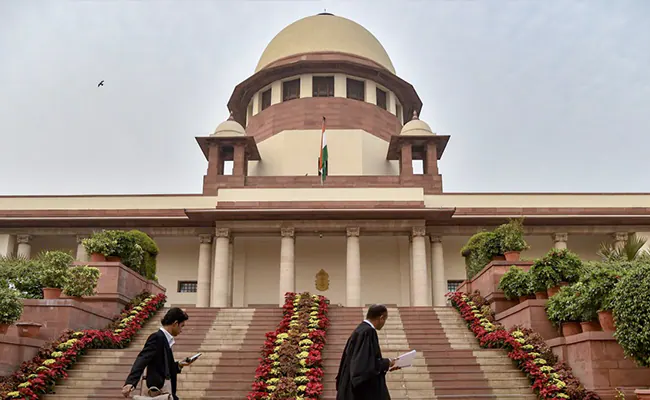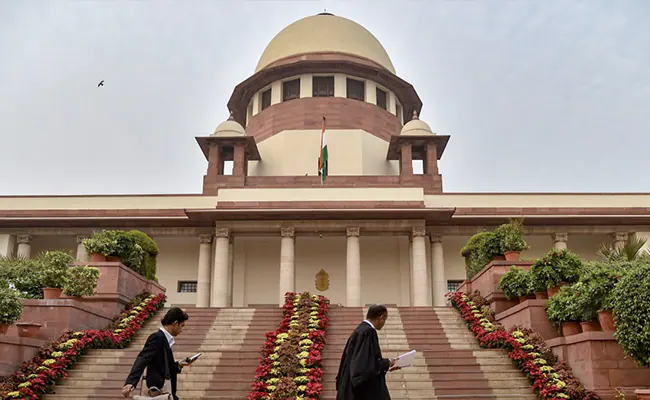
In a recent landmark ruling on September 11, the Supreme Court of India reaffirmed a crucial legal principle regarding corporate criminal liability. The Court emphasized that a company’s criminal responsibility is established when it can be directly attributed to the actions of its individual employees, directors, or officials. This approach is consistent with established legal precedents, drawing parallels with notable cases such as Tesco, Meridian Global Funds, Standard Chartered Bank, and Iridium, where the concept of corporate criminal liability was firmly recognized.
In essence, the Supreme Court’s clarification underscores that a company can be held criminally liable for the actions of its key personnel, particularly when those actions are undertaken in the course of their official duties or with the company’s knowledge and consent. This legal framework ensures that corporations are not immune from accountability for unlawful activities carried out under their purview.
The ruling serves as a significant reference point for corporate jurisprudence in India, reinforcing the idea that companies must maintain rigorous internal controls and uphold ethical standards to mitigate the risk of criminal liability. It underscores the need for organizations to foster a culture of compliance and diligence, where individuals within the corporate structure are held responsible for their actions, thereby upholding the principles of transparency and accountability in the corporate world.



